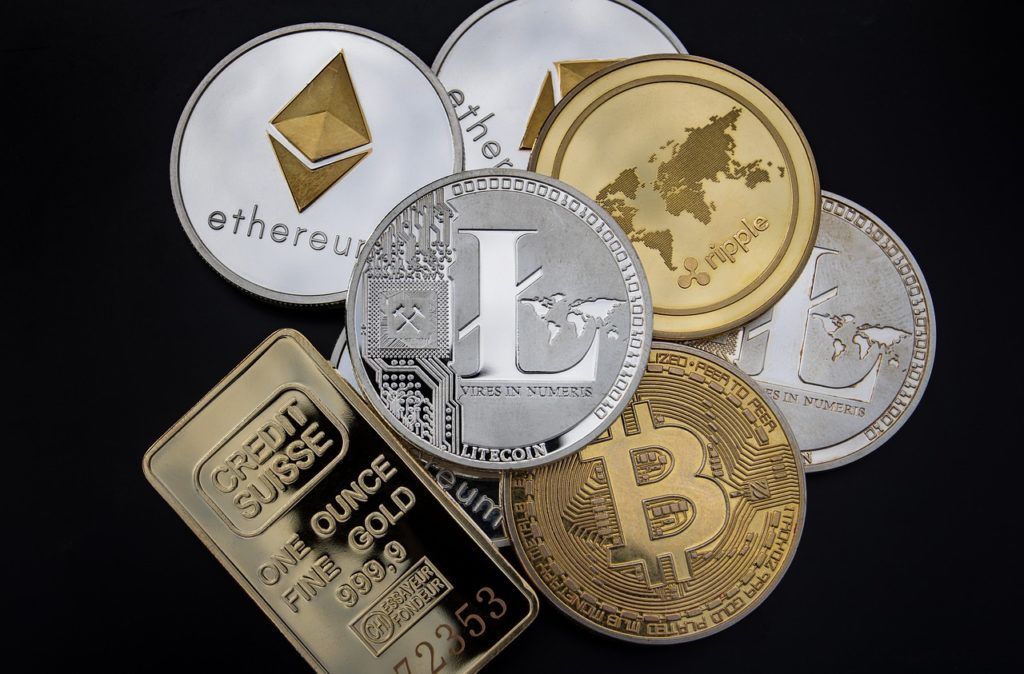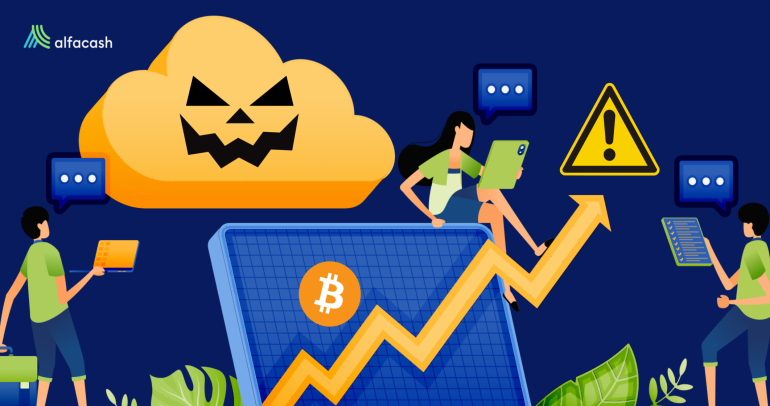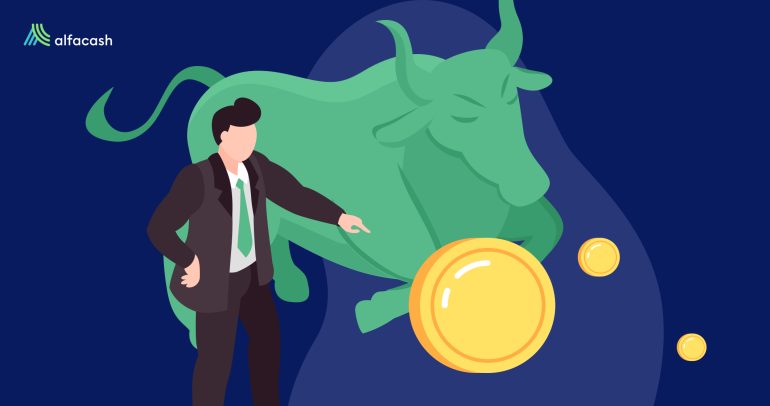In case you don’t know or remember, a financial derivative is a monetary contract (usually for investment) that derives its value from an underlying entity, like assets, indexes, interest rates, or others. In our case, the crypto-derivatives determine their value according to the performance of the selected cryptoassets.
Several companies offer this service to retail investors all around the world, in the form of contracts for difference (CFDs), options, futures, and exchange-traded notes (ETN). However, the Financial Conduct Authority (FCA) from the United Kingdom doesn’t consider as safe these kinds of instruments. Thereby, they just decided to ban these activities (at least for retail customers) inside the country.
The UK doesn’t have, to date, any established regulatory framework for cryptocurrencies, but there are certain rules that everyone should follow, especially if it’s from a company. About this recent announcement, Sheldon Mills, interim Executive Director of Strategy & Competition at the FCA, commented:
“This ban reflects how seriously we view the potential harm to retail consumers in these products. Consumer protection is paramount here. Significant price volatility, combined with the inherent difficulties of valuing cryptoassets reliably, places retail consumers at a high risk of suffering losses from trading crypto-derivatives. We have evidence of this happening on a significant scale. The ban provides an appropriate level of protection”.
Since the ban seems to come from the little knowledge the retail customers may have, it’d potentially be temporary, till the ecosystem is more advanced and understood. In the meantime, the use of crypto-derivatives by a retail customer won’t be legally possible anymore starting from 6 January 2021.
What about direct cryptos?

The derivatives are specifically a financial tool offered by companies that should be subjected to the strictest regulations because there might be some heavy disappointments and scams surrounding these instruments. However, the cryptocurrencies per se are another story. They may present some risks, but they’re a lot useful as well.
As we may know to date, most cryptocurrencies in existence are decentralized, which means they’re free from the control of any institution and almost everybody can access them without barriers. So, even if a country suffers some restrictions, its citizens will still be able to use some cryptos and related platforms.
That isn’t the case for England and the entire UK, though. Indeed, they’ve been very open and flexible with cryptocurrencies inside their laws, so, it’s still perfectly legal to buy and sell cryptocurrencies directly.
Featured image by betexion / 377 images / Pixabay
Wanna trade BTCAn abbreviation for Bitcoin., ETH, and other tokens? You can do it safely on Alfacash! And don’t forget we’re talking about this and a lot of other things on our social media.
Twitter * Telegram * Instagram * Youtube *Facebook * Vkontakte








